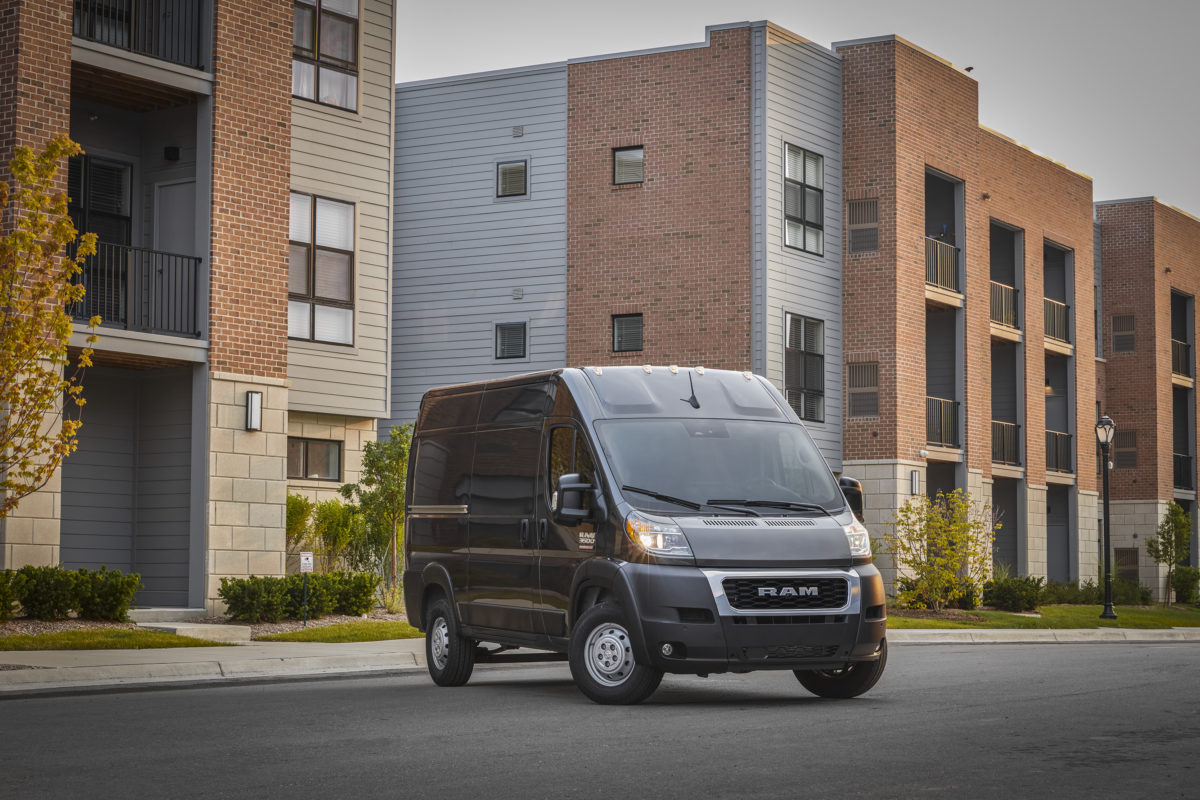Stellantis and Toyota announced an expansion to their partnership with a new agreement for large commercial vans specifically for the European market including an all-electric model. This expands the collaboration to a third segment, which already covered compact and mid-size vehicles. Stellantis will supply Toyota Motor Europe with a large commercial van, which will wear the Toyota badge. Production is planned for mid-2024 and will take place at Gliwice, Poland, and Atessa, Italy. This marks the first time Toyota will have an entry into Europe’s large commercial vehicle segment.
Operational excellence is by definition recognized in this expanded deal,” said Carlos Tavares, CEO of Stellantis. “With this third successful engagement, Stellantis is further demonstrating its expertise in the commercial vehicle segment and in developing battery-electric technology built to support a full range of needs. This agreement strengthens our leadership in the EU30 for LCVs and low emission vehicles and moves us a step closer to realizing our Dare Forward 2030 goal of becoming the undisputed global light commercial vehicle leader, in terms of technology, manufacturing, market share, and profitability.”
Stellantis and Toyota partner up for commercial van including electric model
Stellantis and Toyota Motor Europe’s cooperating began in 2012 with the latter producing its mid-size commercial van at the former’s Hordain manufacturing plant in France. In 2019, the partnership added a compact vehicle to the mix that’s built at a Stellantis facility in Vigo, Spain. This allowed both companies to benefit from lower development and production costs while giving Toyota a full commercial vehicle lineup for the European market. The collaboration is also part of Stellantis’ Dare Forward 2030 plan, which aims to launch 75 battery-electric vehicles by 2030 across its 14 brands.
In the U.S. alone, 25 BEVs are in the cards including an all-electric ProMaster and Ram 1500, both of which are due by 2024. Fiat Commercial Vehicles will be among the transition leaders in Europe with hydrogen fuel cell models and BEVs including the new Scudo and Ducato.
Toyota recently previewed 11 upcoming BEVs that it plans to produce as it aims to sell 3.5 million fully-electric motors globally by 2030. The first of those is the bZ4X crossover co-developed with Subaru, which is part of the bZ sub-brand. Four other models will join the lineup including two more SUVs, a sedan, and a city car. Toyota also previewed an all-electric truck, an off-road-oriented SUV, a sports car that looks like an electric MR2, and three commercial vehicles that look like they’re for ride-hailing and delivery services.
In the U.S., Toyota is currently trialing the use of hydrogen fuel cell powertrains on large 18-wheeler commercial trucks. These vehicles use the same fuel cell stack found in the Mirai sedan, which is now on its second generation and rides on a modified version of the rear-drive-based TNGA-L architecture. At least in the Mirai, the electric motor makes 182 hp and 221 lb-ft of torque and is backed by a 1.24-kWh lithium-ion battery acting as a buffer. On a full tank, the Mirai is good for 357 miles in the Limited trim or 402 miles on the base XLE grade. The former is also the first Toyota vehicle offered with the Teammate semi-autonomous driver assistance system, which is part of an optional package.
